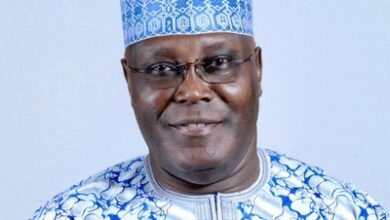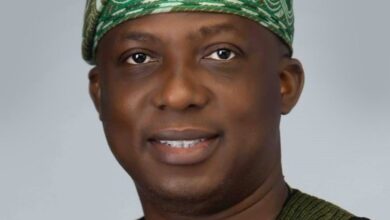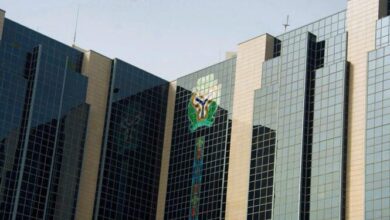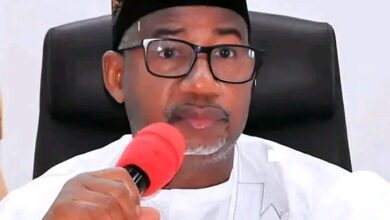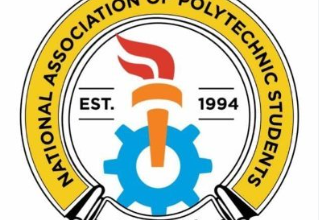How to boost economic growth – Agbakoba
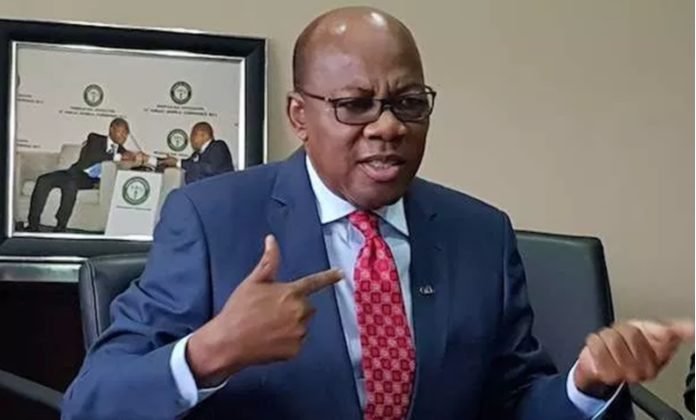
A legal luminary and former president of the Nigeria Bar Association, Dr Olisa Agbakoba, has stated that over-concentration of power at the centre will deprive Nigeria, with its abundant untapped resources, from moving to a desirable developed economy.
The optimistic lawyer made this observation while addressing journalists during the presentation of a comprehensive 35-page report titled ‘Governance and Economic Analysis and Forecast 2025’ in a recent press conference in Lagos.
Believing that an N550tn economy is achievable, Agbakoba posited that for the nation to move forward, Nigeria needs innovation and efficiency to create an N500 tn budget for 2026/2027.
He stated, “Nigeria’s biggest problem is the over-concentration and over-centralisation of power in the centre. That’s Nigeria’s biggest problem. So, that’s why I noted if we are to achieve the N500tn targeted budget, which is possible, we must break up the over-centralised system. We must break it up into at least eight constitutionally recognised geopolitical zones.”
According to the legal expert, time is up for Nigeria to tap its unexploited natural endowment, as the world is shifting towards a green economy driven by critical minerals.
He said, “Do you know why President Trump is so eager to make friends with the president of Ukraine? The world is shifting to a green economy.”
The green economy is driven by critical minerals. North-Central ranks number four in the world for critical minerals, minerals that drive electric vehicles, and new things.
“Under the North-Central, it’s about $6tn worth of resources. But it’s not being utilised. Rather, the governors, by which I mean the political leaders, are fighting for the crumbs. It’s so ridiculous. They are fighting for the crumbs. Rather than say, If we work together, we can dig deep and bring our resources.”
Speaking more on the economic and governance report, Agbakoba said he had in the past recommended what President Trump is doing in the United States, that Nigeria needs the Department of Efficiency.
Agbakoba stressed, “Establishing a Department of Innovation and Efficiency to drive government productivity and service delivery is essential for administration reform. This department, which we proposed a decade ago, would identify and implement best practices, streamline processes, and leverage technology to enhance public service delivery. The Trump administration’s model on downsizing, while controversial, offers workable approaches that could be adopted to the Nigerian context.”
On reform in the oil and gas sector, the former NBA president, who applauded President Tinubu’s bold economic reforms, explained that Nigeria is the only country in the world where oil blocks are given to private actors, unlike what’s obtained in Saudi Arabia, which does not give anybody any oil blocks. It owns everything.
“The oil and gas sector represents another significant opportunity for economic transformation. Nigeria stands at a critical crossroads in its economic development, with its vast oil and gas reserves presenting a unique opportunity for transformation through a shift from the existing “contract oil” to a “development oil” approach. The current governance framework, characterised by passive state participation through joint ventures and production-sharing contracts with international oil companies, has failed to translate Nigeria’s petroleum wealth into broad economic prosperity, leaving 133 million Nigerians in multidimensional poverty despite constitutional mandates that natural resources be used for citizens welfare,” Agbakoba added.
Agbakoba was of the view that the digital economy can generate more substantial revenue for government coffers than it is currently doing.
He explained, “The digital economy already contributes 18% to GDP and has generated over N1 tn in two years. With proper legislation and investment, this could increase to N30 tn annually. This sector has huge potential for both tax and non-tax revenue opportunities, but realising this potential requires appropriate legislative frameworks.
“Key areas for digital economy expansion include fintech development, providing a clear regulatory framework for financial technology companies; e-commerce expansion, supporting the growth of online marketplaces and digital trade; digital infrastructure investment in broadband and data centres; digital skills development, training Nigerians in tech skills to support the digital economy; and digital government services, digitising government services to improve efficiency and reduce corruption.”
